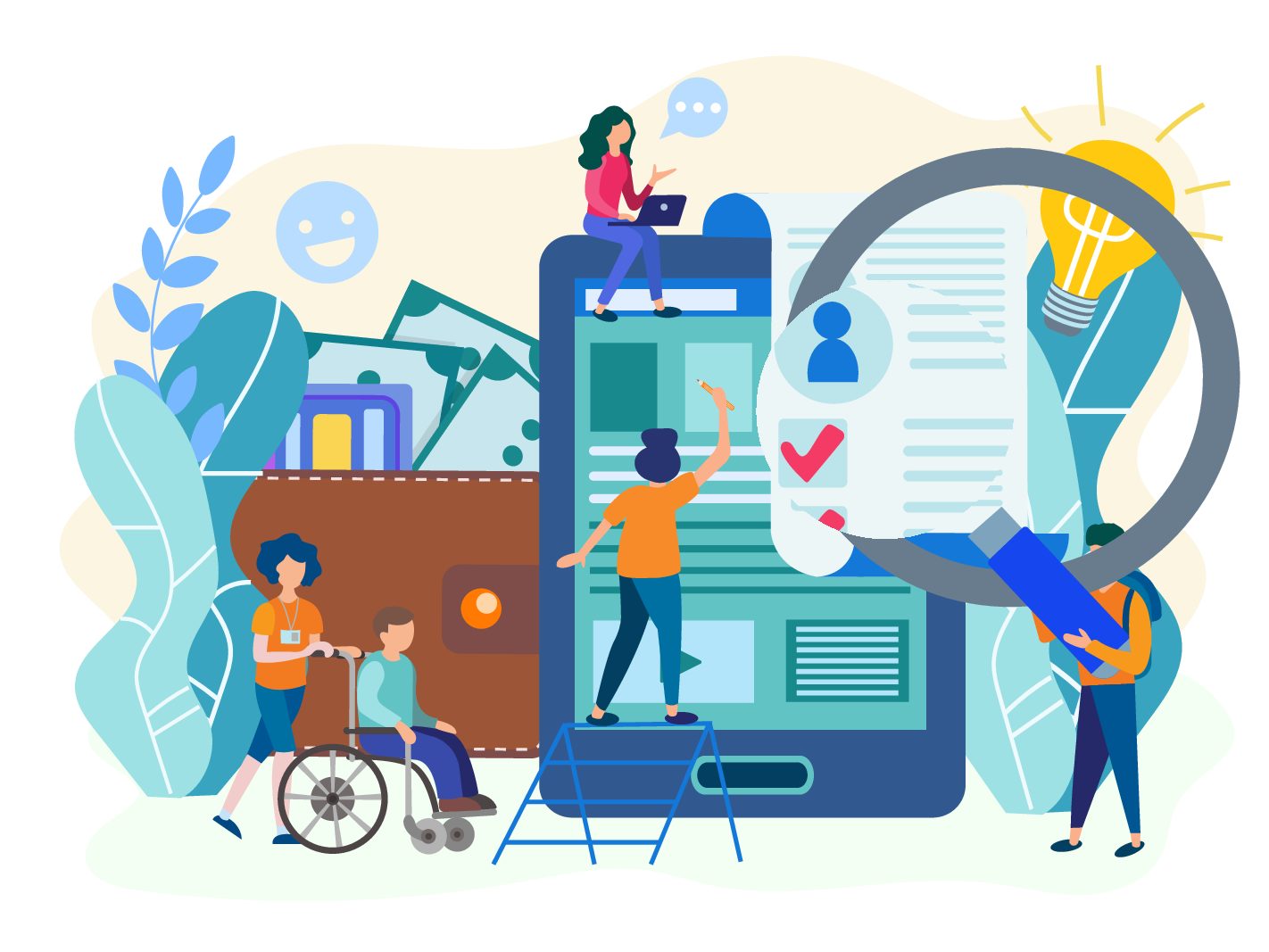Consumer tech has reduced daily friction for countless individuals, making it easier to control households, shop for groceries, and connect with loved ones. These technologies can be especially empowering for persons with disabilities, increasing accessibility and resolving frustrations of everyday activities. You may have seen related news in press releases and popular headlines: “Alexa is a Revelation to the Blind,” “Disabled Americans Deserve the Benefit of Self-Driving Cars,” “Amazon Alexa Can Help People With Autism Do More On Their Own.”
But are these technologies assistive? Disability nonprofit Understood.org defines assistive technology as “any device, software, or equipment that helps people work around their challenges.” Classifying a device or software as assistive technology (and/or related regulatory labels) can lead to insurance coverage and tax incentives. It can change how devices are viewed in healthcare settings and impact product research and design. In this article, we speak with bioethicist and disability scholar Dr. Joseph Stramondo about how to define assistive technologies in today’s consumer tech revolution.
